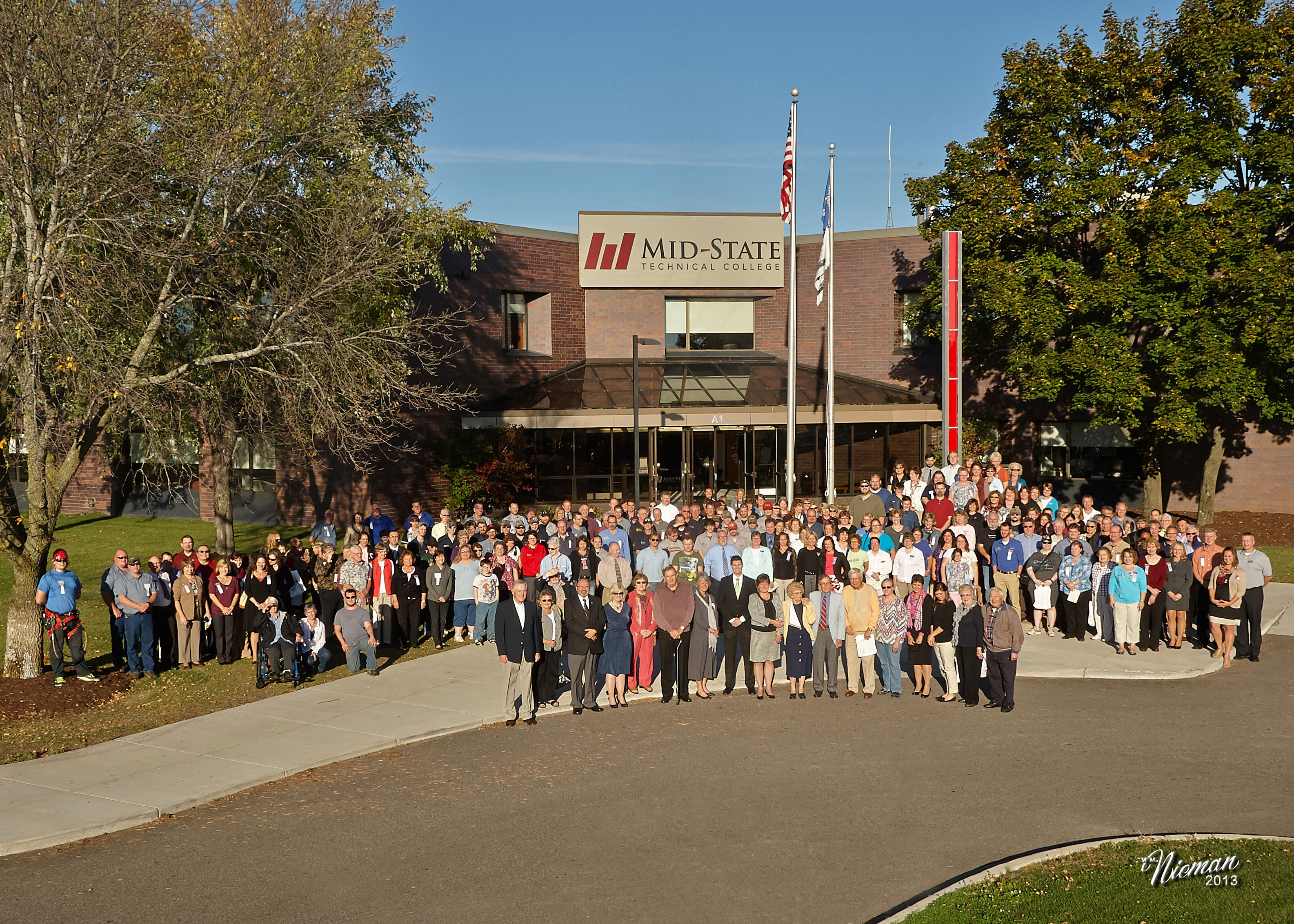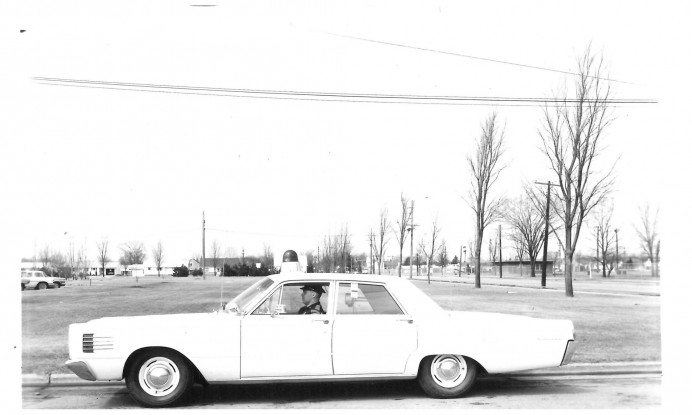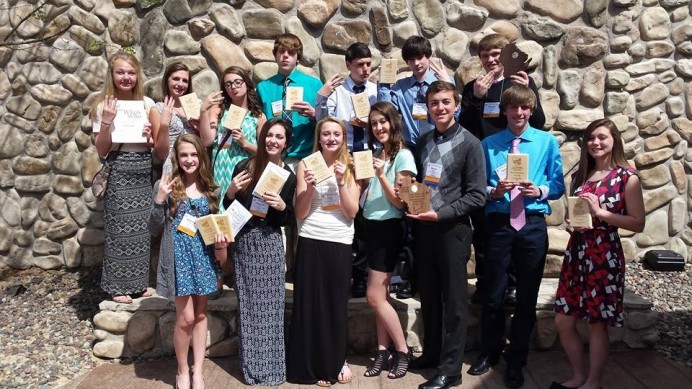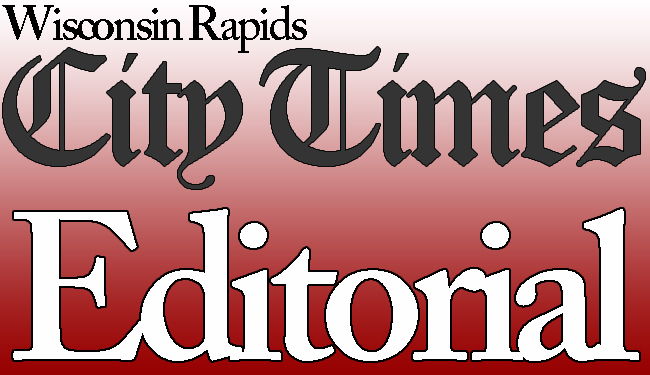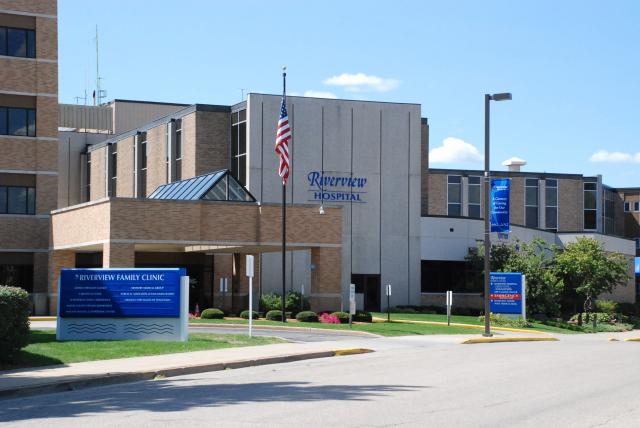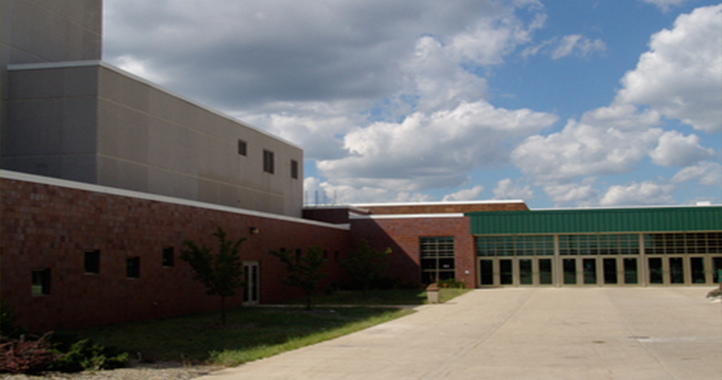In Their Words: Robert Nash

By Joe Bachman
Voting day is Tuesday, Apr. 5 in the state of Wisconsin, and running for this first term as mayor is former alderman, Robert Nash. Nash discussed prominent issues facing the Wisconsin Rapids community.
On heroin/opiate prevention in the community:
“You need to give law enforcement the tools to fight it, but this is nothing new,” said Nash. “This isn’t the ‘heroin hub’ — but it’s a pipeline from whether it be Chicago, Milwaukee, or Madison, and they know where their people are here and you need to cut the head off down there.”
Nash also noted the importance of education in the community, not just in schools, but everywhere.
“You can’t jail everybody, but if you do jail everybody, you have to do something when they let them out,” said Nash. “You can’t just have them going back to doing the same thing over and over again, when it could get worse in this area, especially when we have so little employment.”
On attracting new businesses to the area:
From his own research, Nash proposed that the city adopt a City Administrator, who carries specific education and background in business and economic relations.
“That’s the person you go to and they would have the connections, whether it’s a city administrator from a larger community, and they want to come here and see Wisconsin Rapids succeed,” said Nash. “Your mayor is your mayor, but a city administrator is going to hold their toes to the fire and tell them ‘this is what you’re going to do’ — the department heads don’t care about what the mayor does.”
On the ongoing Riverfront/downtown redevelopment:
Nash stated that he is not against riverfront or downtown development, but he needs more specifics and a direction of what the plans are for the project.
“If I win, I have to continue it, but I need to know what the plan is,” said Nash. “There’s a couple of entities involved that I don’t think everybody knows about. “I’ve never been against it, but the way it came about where all of a sudden it just appeared — buying these properties; well why? And now we’re going to do a housing study to tell us what kind of development we want down there, and to me that’s just backwards.”
Riverfront development, according to Nash, is nothing new, though he questions the use of the vacant East Towne Plaza buildings and it’s development.
“I hear the mayor all the time state that they took plans off the shelf of city hall and dusted it off for downtown development — well I was there in common council when they were doing it,” said Nash. “I was city council president at the time, and we were going to buy the parking lot between 1st and 3rd, by the tribune building and the consolidated parking lot — we approached them but it wasn’t feasible; well why is it feasible now?”
On the stability of the paper mill industry in the area:
“I do not think the paper industry is stable anywhere,” said Nash. “I don’t know if they’re changing their product or not, but if they’re not, then somebody needs to talk to them — “It’s the paper mills that scare me; the kraft mill will be fine, because they can make and sell pulp all over the place, but paper is hard to sell worldwide.”
Nash said that saving the paper mill would require a hard look at cost of labor and unnecessary overtime, and cost of raw materials, and that the union and the mill needs to work together towards a solution.
“To me, they’ve taken the employee and beat them down when they could have said ‘let’s work together’.”
On the city budget:
Nash feels that there is unnecessary waste in the current budget in multiple areas, including the salaries of some in city government.
“Why are we paying $23,000 for an assistant city attorney? The city attorney has time to do what he does, now.” said Nash. “I’m not saying we don’t need a full time city attorney, but I believe the position is overpaid with the raises in recent years.” — “The mayor is overpaid, as well.”
Nash stated that mayoral projects from the beautification council, the sustainability council, as well as his budget for travel are all excess funds that should be included in his annual salary. He also questioned the move in taking $10,000 from the technology, budget and the public access budget to pay for a new police officer, stating that ordinances weren’t properly followed in the process.
“If you think we’re better off now than we were four years ago, or even two years ago, then by all means vote for him — but if you don’t, and you want some sort of change, then vote for me.”



